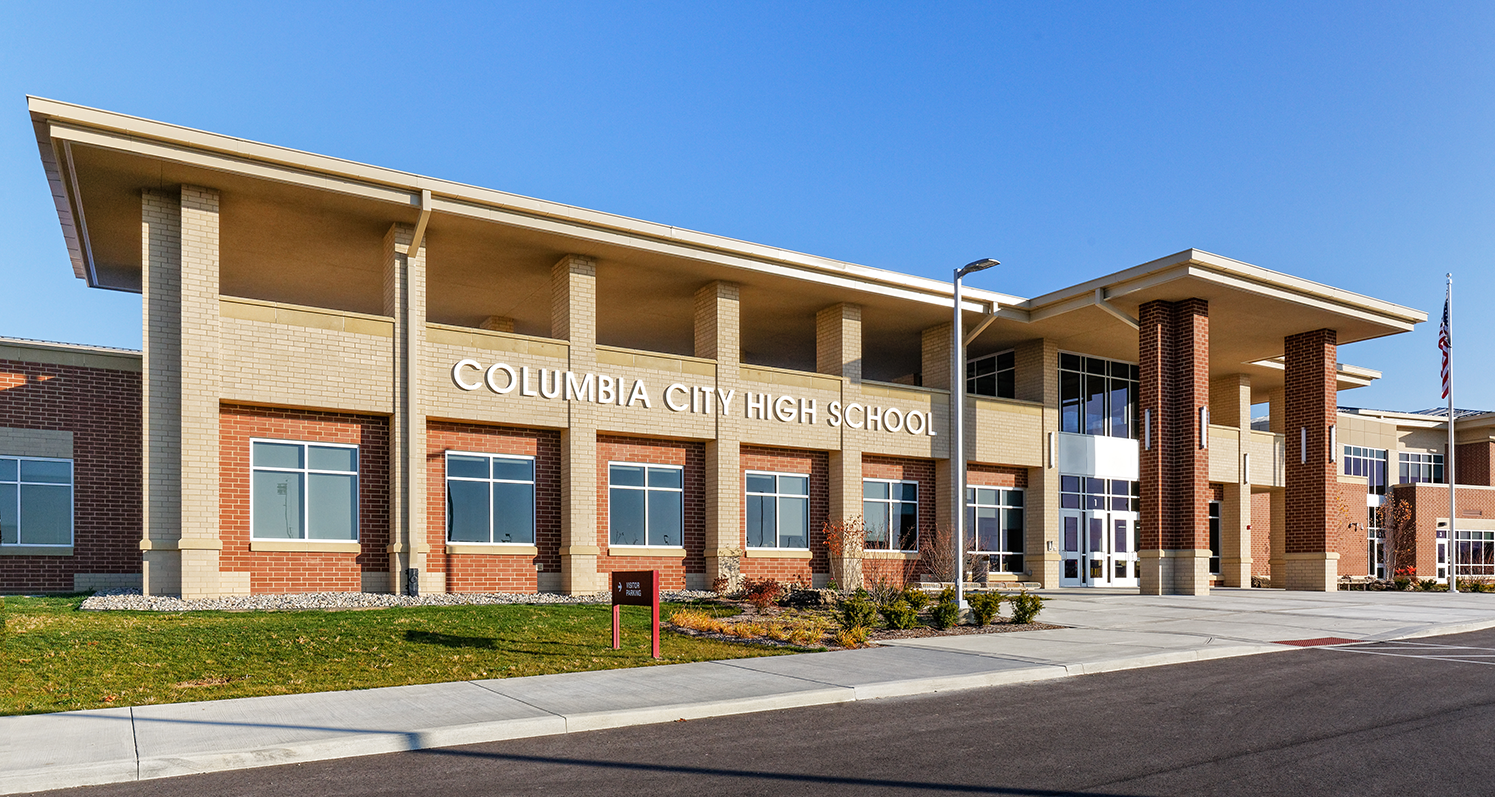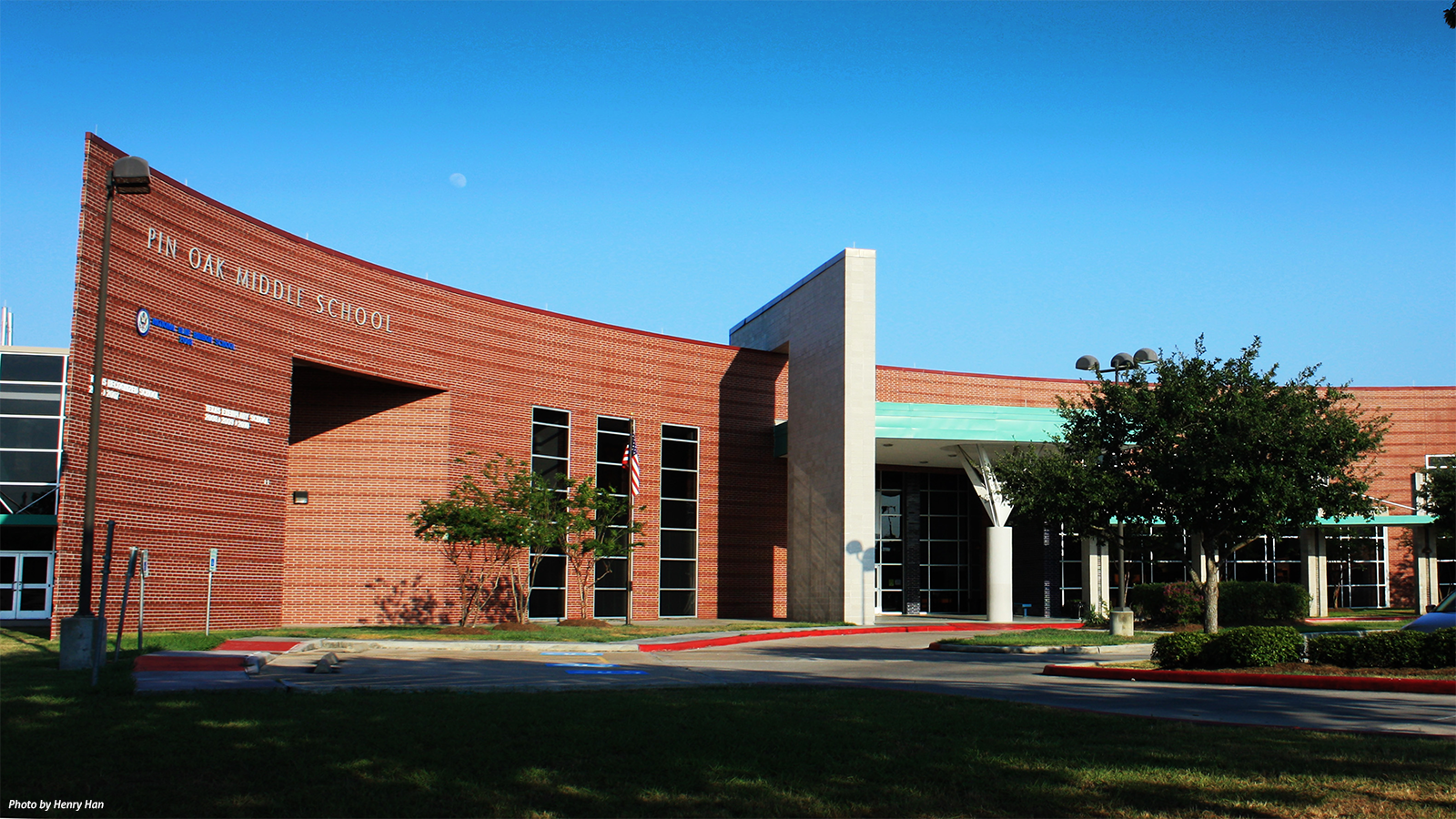Sign Up With Us: Events and Efforts to Save Temecula Schools
Wiki Article
The Influence of School Environments on Academic Success and Personal Health
The institution environment considerably influences both academic success and personal well-being, including elements such as physical layout, class atmosphere, and interpersonal dynamics. The layout of educational spaces, including all-natural lighting and ergonomic furniture, can enhance pupils' focus and convenience. The top quality of teacher-student relationships and the nature of peer interactions play crucial duties in cultivating an environment helpful to learning and emotional support. Comprehending just how these various aspects interplay to form pupil results raises essential concerns about enhancing academic settings for alternative development. How can colleges strategically boost these aspects to much better sustain their pupils?Physical Layout and Layout
How does the physical format and layout of a school impact academic success? The plan and visual of a school environment can dramatically affect trainees' understanding outcomes.All-natural illumination and effective ventilation systems are pivotal in enhancing cognitive feature and minimizing absenteeism. Studies have actually shown that classrooms with ample natural light improve student focus and decrease feelings of drowsiness. Ergonomic furniture customized to trainees' demands can avoid physical pain, allowing for prolonged emphasis and engagement in academic tasks.
Access to outdoor spaces and cosmetically pleasing environments also play a vital duty - Save Temecula Schools. Eco-friendly areas and well-kept institution premises offer opportunities for workout and psychological relaxation, both of which are very important for preserving high degrees of academic efficiency. In significance, an attentively created physical setting can function as a driver for scholastic excellence, cultivating an ambience that supports both teaching and knowing
Class Atmosphere
A setting that promotes a feeling of safety, inclusivity, and mutual regard motivates students to involve more actively in their understanding procedures. The ambiance of a classroom, consisting of elements such as illumination, noise degrees, and seating plans, can substantially influence trainee concentration and motivation.Furthermore, the class environment must support a culture of collaboration and open communication. When students really feel comfortable revealing their ideas and asking concerns, they are more likely to involve deeply with the product and develop critical assuming skills - Save Temecula Schools. Peer communications and team tasks can improve discovering by supplying varied perspectives and fostering team effort
Additionally, developing clear expectations and regular regimens can develop an organized atmosphere that enables pupils to concentrate on their research studies. By reducing unpredictability and giving a predictable structure, pupils can much better manage their time and duties. Ultimately, a favorable classroom ambience not just boosts academic efficiency yet likewise adds to the general wellness of students, preparing them for future instructional and personal undertakings.
Teacher-Student Relationships
Building on the relevance of a positive classroom atmosphere, the connections between instructors and students play a critical function fit academic success. A healthy teacher-student relationship promotes a discovering setting where students feel valued, recognized, and sustained, which dramatically enhances their motivation and involvement. When students regard their instructors as empathetic and approachable, they are extra likely to take part actively in course and seek aid when required, contributing to a much deeper understanding of the subject.
This depend on makes it possible for pupils to share their concepts and issues freely, fostering a joint knowing setting. In significance, strong teacher-student relationships are a cornerstone of educational success, playing a vital role in both scholastic achievement and personal development.
Peer Interactions
Peer communications significantly affect scholastic success by forming a trainee's cognitive and social advancement. Within the school setting, peer connections function as a foundational element for learning and personal development. Positive peer communications can boost a student's inspiration and engagement in scholastic activities through collective knowing and common assistance. When trainees interact in group setups, they trade ideas, solve problems collectively, and develop crucial believing Related Site skills. Such communications foster a feeling of belonging and area, which is necessary for emotional wellness and academic determination.
Effective peer interactions additionally add to the development of important life skills, such as collaboration, dispute, and communication resolution. These social proficiencies are critical for both scholastic success and individual wellness, highlighting the relevance of fostering favorable peer characteristics within the college environment.
After-school Activities
Participating in after-school activities plays a critical duty in a trainee's scholastic success and personal growth. These activities, varying from sports teams to discuss clubs, supply students opportunities to develop important skills such as management, time monitoring, and teamwork. Study constantly indicates that trainees who join after-school activities tend to achieve higher academic efficiency. This correlation image source is usually associated to the organized atmosphere and the technique called for to balance both extracurricular and scholastic dedications.Additionally, extracurricular participation fosters a feeling of belonging and area, which is necessary for individual wellness. Taking part in team activities enables pupils to build and enhance social networks, improving their psychological and social knowledge. These interactions are critical for establishing interpersonal abilities that are useful in both scholastic and future expert environments.
Additionally, extracurricular tasks offer a positive electrical outlet for trainees to explore their interests and passions past the typical educational program. This exploration can cause the exploration of brand-new abilities and possible occupation paths, better inspiring pupils to engage even more deeply in their scholastic work. In final thought, the duty of extracurricular tasks prolongs beyond mere recreation; they are integral to cultivating an alternative academic experience that advertises both academic success and personal growth.
Conclusion
In sum, the impact of institution atmospheres on both academic success and personal well-being is extensive. Thoughtfully made physical designs and class, together with positive teacher-student connections and useful peer interactions, considerably boost pupil inspiration and interaction. In addition, the existence of supportive instructors can reduce anxiety, promoting a nurturing ambience conducive to alternative growth. These aspects jointly highlight the significance of developing and maintaining ideal school settings for the benefit of trainees' academic and personal growth.Inevitably, a favorable class atmosphere not just improves scholastic performance but also contributes to the overall health of students, preparing them for future academic and individual endeavors.

Report this wiki page